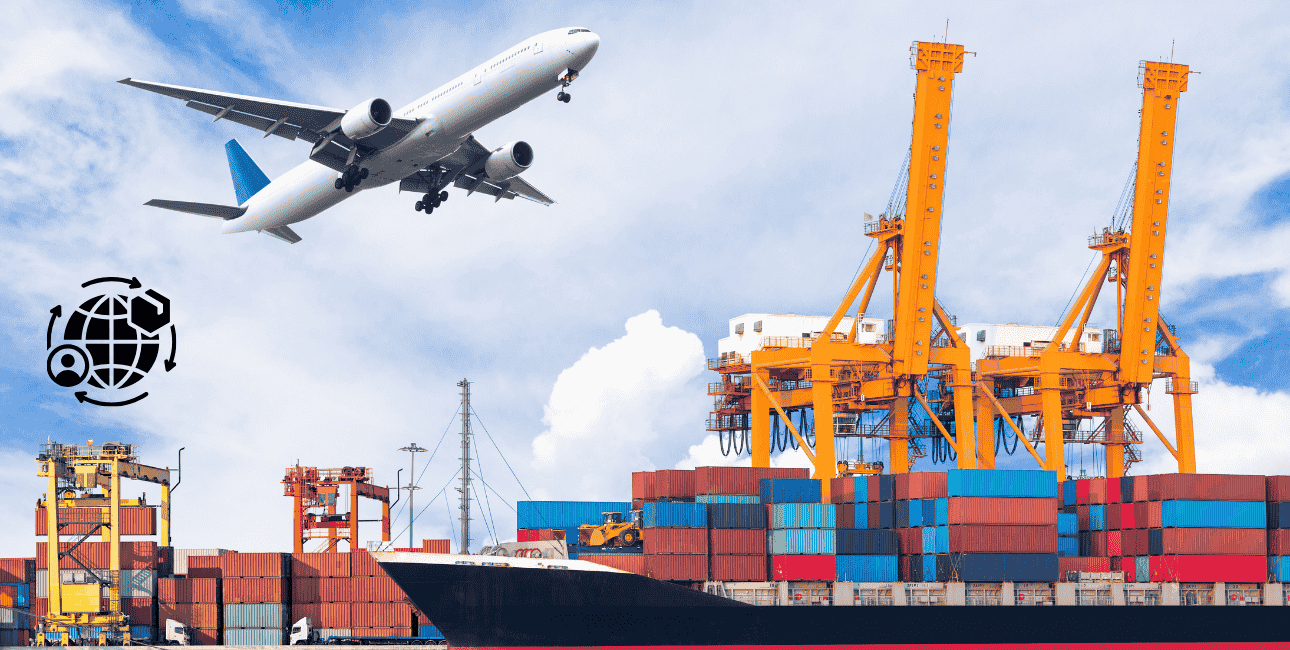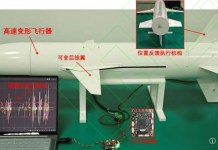A recent survey highlighted a growing concern among Japanese companies about the escalating tensions in the Taiwan Strait. Nearly half of Japan’s major corporations are gearing up for a potential Taiwan contingency, emphasizing the increasing perception of China-Taiwan tensions as a critical business risk.
A ‘Kyodo News’ survey revealed that over half of Japan’s major companies are either prepared or actively preparing for a potential Chinese invasion of Taiwan, driven by Beijing’s growing military assertiveness.
It found that 53% had concrete measures in place, such as drafting contingency manuals, planning evacuations, and stockpiling supplies.
Meanwhile, 12% acknowledged the need for preparation, though they had yet to take action.
The survey, conducted between late November and mid-December, covered 114 companies across various industries, including giants like Toyota Motor Corp. and ANA Holdings Inc.
The survey results highlighted how escalating tensions in the Taiwan Strait are reshaping risk assessments for Japan’s corporate heavyweights.
Japan-Taiwan Trade Relations
The urgency of these preparations stems from Japan’s deep economic ties with Taiwan.
China and Taiwan play a pivotal role in Japan’s supply chain and are crucial markets for Japanese products and services.
Japan ranks as Taiwan’s third-largest trading partner, while Taiwan is Japan’s fourth-largest. Taiwan’s exports to Japan include integrated circuits, memory hardware, turbojet engines, processors and controllers, steel products, and more.
Japan is Taiwan’s fourth-largest source of foreign investment, focusing on sectors like machinery, electronic components, electrical equipment, pharmaceuticals, retail, and finance.
Taiwan’s citizens are avid consumers of Japanese luxury goods, further deepening economic ties. Additionally, Taiwan plays a pivotal role in Japan’s information technology sector.
According to the International Trade Administration, in 2023, bilateral trade between Japan and Taiwan totaled US$75.7 billion, a 14.1% decline from the previous year, reflecting regional uncertainties.

Japan’s exports to Taiwan totaled US$44.3 billion (down 18.8%), while Taiwan’s exports to Japan amounted to US$31.4 billion (a 6.4% decrease).
This trade and investment relationship underscores Taiwan’s strategic importance to Japan’s economic stability and industrial operations.
What Does The Survey Reveal?
The survey paints a vivid picture of how Japanese businesses perceive the rising China-Taiwan tensions:
Impact on Business: Japanese businesses express particular concern about potential disruptions to their operations, with 54% reporting that rising tensions have already impacted their business significantly or moderately.
Top Concerns: In a multiple-choice format, 53% flagged disruptions in sea and air shipments, while 48% were worried about instability in the semiconductor supply chain.
Likelihood of Invasion: Opinions on a potential invasion varied—22% believed it was likely or very likely, only 3% thought it was unlikely, and a significant 46% were unsure.
Diplomatic Measures: When asked about Japan’s role in defusing tensions, 35% supported increased diplomatic efforts, 7% felt Japan had already done enough, and 20% remained undecided.
However, some experts caution against overreaction. While acknowledging the importance of preparedness, they warn against extreme measures such as complete withdrawal from Taiwan.
The results underline a growing sense of uncertainty among Japanese firms as regional tensions escalate.
Historical Ties And Strategic Considerations
Japan colonized Taiwan from 1895 to 1945, leaving a lasting legacy of educational reforms and modernization. The impact of Japan’s rule on Taiwanese society is undeniable, with many prominent figures, including Lee Teng-hui, Taiwan’s first democratically elected president, having studied at prestigious Japanese institutions like Kyoto Imperial University.
Since the 1949 civil war, Communist-ruled China and Taiwan have been governed separately. Beijing views Taiwan, a self-ruled island, as a renegade province to be reunified with the mainland—by force, if necessary.
For Japan, a stable democracy surrounded by authoritarian regimes like China, North Korea, and Russia, Taiwan’s fate is intricately linked to its own security. Like many nations, Japan sees Taiwan’s independence through the prism of its vital interests, particularly as China’s expansionist ambitions pose a direct threat.
Geographically, Taiwan and the Pescadores Islands are close neighbors to Japan. Taiwan is just 110 kilometers from Yonaguni Island, Japan’s westernmost inhabited territory, which is part of the Okinawa Prefecture. Additionally, Taiwan is situated about 170 kilometers from the Senkaku Islands (known as the Diaoyu Islands in China), which Japan controls but which are also claimed by both China and Taiwan.
Additionally, 95% of Japan’s crude oil imports sourced from the Middle East and transported through the South China Sea, passes through the Taiwan Strait, which serves as a vital artery for Japan’s advanced economy.
This geographical proximity, coupled with Japan’s reliance on the Taiwan Strait for critical maritime trade routes, ties Taiwan’s stability directly to Japan’s economic and security interests.
US-Japan Alliance
At first glance, the Taiwan conflict might appear to be a regional dispute between Beijing and Taipei. However, a military clash in the Taiwan Strait would trigger ripple effects with profound global repercussions, reshaping the strategic dynamics far beyond East Asia. And Japan is well aware of this fact.
Reports indicate that, in a Taiwan contingency, the U.S. military plans to establish temporary bases along Japan’s Nansei Islands and the Philippines to deploy missile units. This aligns with the first joint operational plan between the U.S. and Japan to counter potential Chinese aggression.
Japan and the US have been strengthening their defense ties, boosting interoperability between Japan’s Self-Defense Forces and the US military to address threats from China’s military buildup, North Korea’s missile programs, and Russia’s growing military aggression.
Business Continuity With Geopolitical Risk
For Japan, the Taiwan conflict is more than a regional issue. It represents a convergence of economic stability, security interests, and geopolitical strategy.
As tensions in the region persist, Japanese businesses face the challenge of maintaining operational continuity while managing increasing risks. Their preparations reflect not only corporate prudence but also a broader understanding that Taiwan’s stability is fundamental to Japan’s economic security and regional peace.
- Shubhangi Palve is a defense and aerospace journalist. Before joining the EurAsian Times, she worked for ET Prime. She has over 15 years of extensive experience in the media industry, spanning print, electronic, and online domains.
- Contact the author at shubhapalve (at) gmail.com




